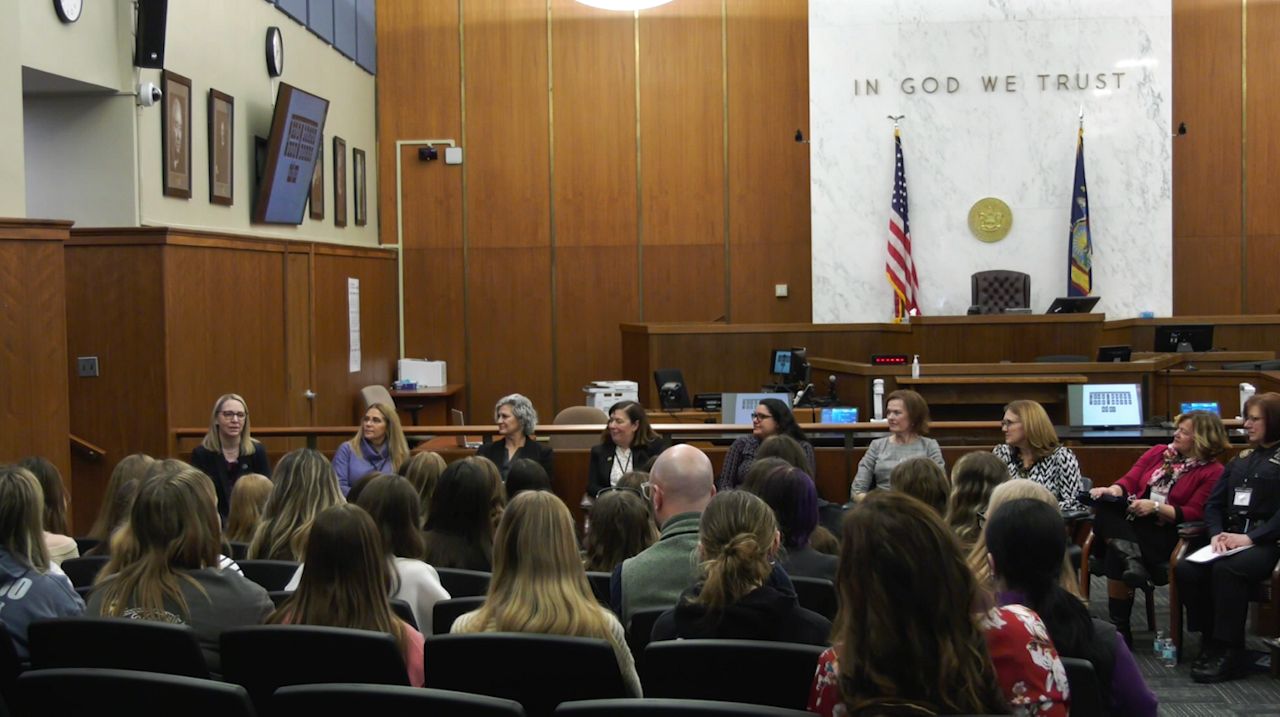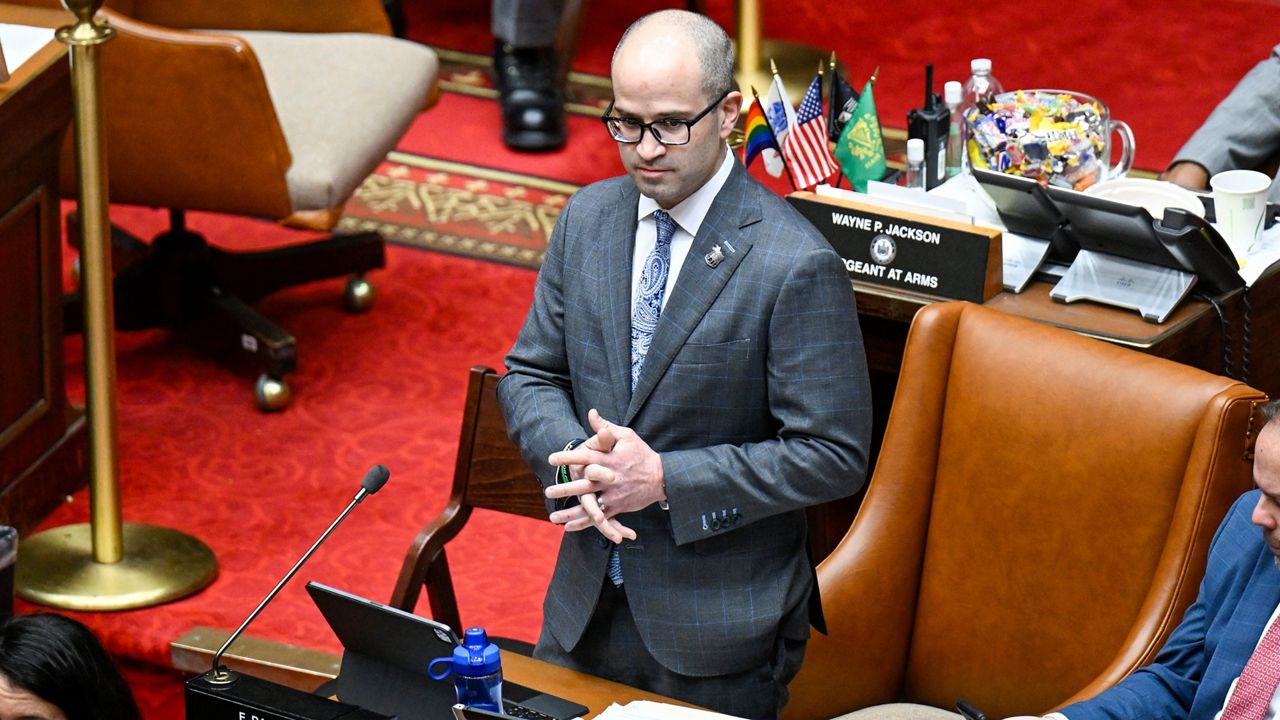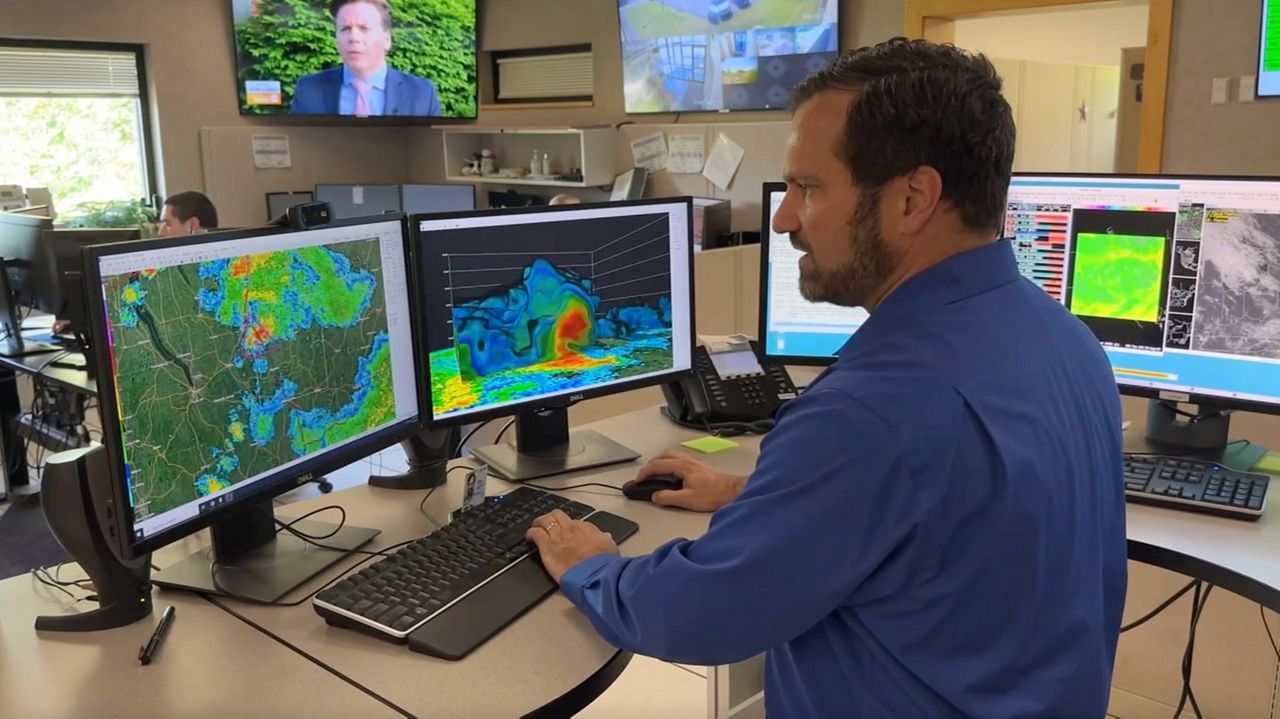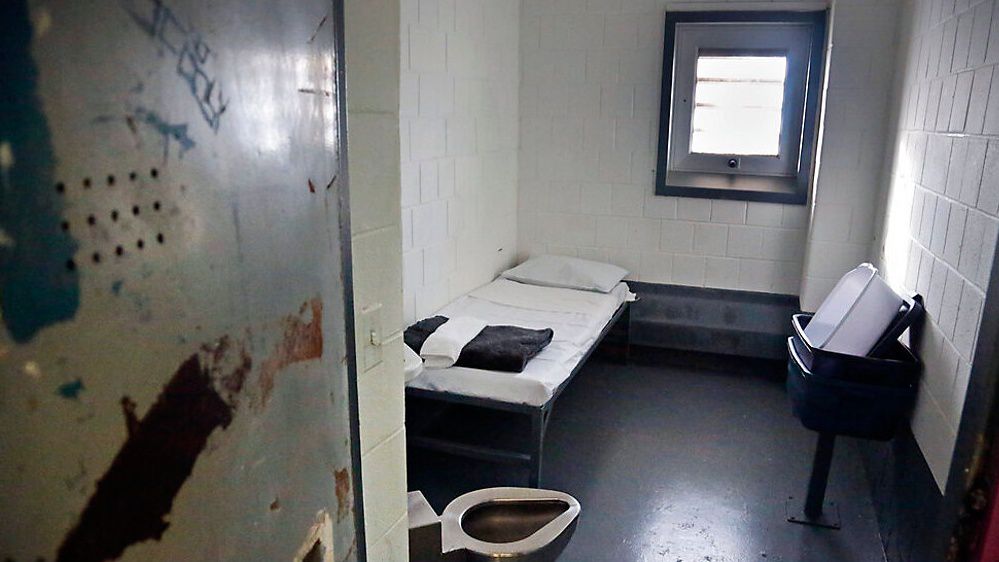As students transition from high school to college, many face significant mental health challenges. According to a SUNY report, 60% of students meet the criteria for mental health problems, prompting universities to step up support efforts.
SUNY has invested $10 million to expand mental health resources across its campuses. This investment includes training faculty and staff in mental health first aid and enhancing services such as group sessions and telehealth.
Isabelle Lopez, a freshman at the University at Albany, turned to the campus Counseling and Psychological Services (CAPS) for support during her first year.
"I called CAPS. It was a great one-hour phone call. I felt like I was being heard," Lopez said.
Inspired by her experience, Lopez joined Middle Earth, a peer assistance program that offers mental health services to students.
"I just wanted to do the same thing that someone has done for me," she explained.
Peer support programs like Middle Earth train students through credited courses to become counselors, addressing issues from eating disorders to anxiety.
"Sometimes it is easier for people to talk to a peer rather than a professional," said Sam Hurley, a fellow student.
Dr. Karen Sokolowski, director of counseling and psychological services at UAlbany, emphasizes the importance of recognizing signs that students need help.
"Signs can include missing classes or assignments and withdrawing from social activities," she noted.











